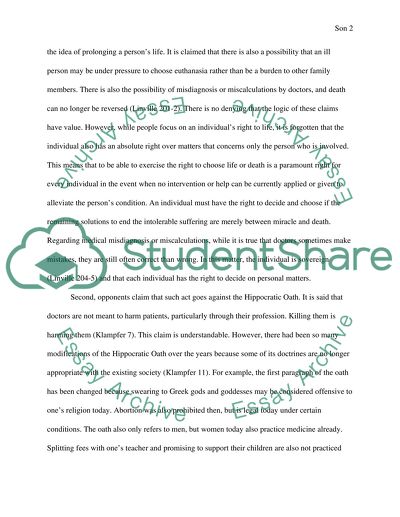Cite this document
(“Moral argument Essay Example | Topics and Well Written Essays - 1000 words”, n.d.)
Moral argument Essay Example | Topics and Well Written Essays - 1000 words. Retrieved from https://studentshare.org/english/1474767-moral-argument
Moral argument Essay Example | Topics and Well Written Essays - 1000 words. Retrieved from https://studentshare.org/english/1474767-moral-argument
(Moral Argument Essay Example | Topics and Well Written Essays - 1000 Words)
Moral Argument Essay Example | Topics and Well Written Essays - 1000 Words. https://studentshare.org/english/1474767-moral-argument.
Moral Argument Essay Example | Topics and Well Written Essays - 1000 Words. https://studentshare.org/english/1474767-moral-argument.
“Moral Argument Essay Example | Topics and Well Written Essays - 1000 Words”, n.d. https://studentshare.org/english/1474767-moral-argument.


